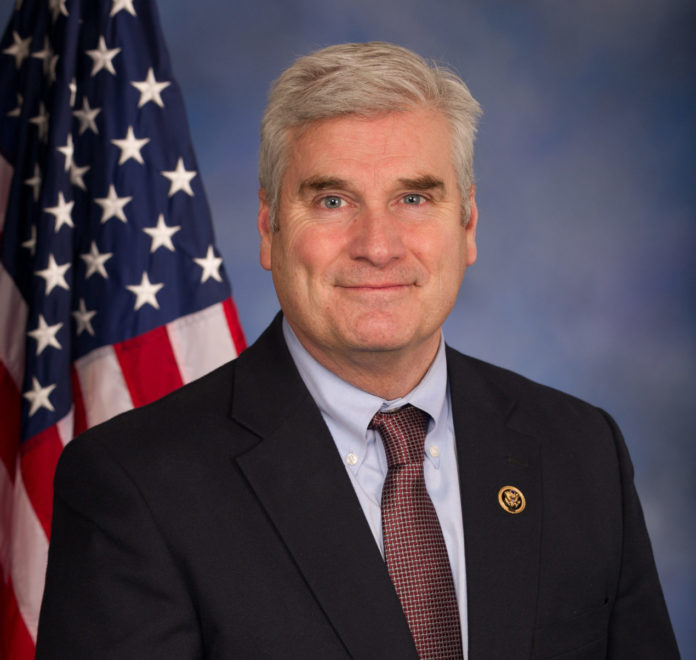WASHINGTON — “Regressive taxes like inflation hit low-income Americans and seniors the hardest,” said Rep. Tom Emmer, when introducing the Retirement Inflation Protection Act (RIPA) of 2017 to Congress.
Emmer’s sixth congressional district is home to almost 120,000 people over the age of 60 according to census data, more than 17 percent of the district’s total population. Those 65 and older make up 81,121 of those 120,000.
According to Emmer’s office, RIPA is needed due to inflation, which is a regressive tax that remains within the federal target level. However, at the two percent mark, it eventually cuts the purchasing power of the dollar in half every 35 years making products twice as expensive.
Emmer’s bill seeks to amend the IRS Tax Code by differentiating between nominal and real capital gains. Nominal capital gains are inflation caused, while real capital gains relate to the increased substantive value. Something Emmer’s office says does not exist.
According to Rebecca Alery, communications director for Emmer’s office, “Many don’t realize that seniors end up paying more capital gains taxes than they should because the Internal Revenue Service doesn’t distinguish between changes in the price of a stock, house, or business due to government-caused inflation and an increase in the real value of the asset.”
The legislation would create differences between nominal and real capital gains, aligned with the age requirement of the current rules set by the IRS regarding non-penalized IRA withdrawals. At the age of 59 years and six months, individuals would only pay taxes on the real capital gains and not the nominal.
“This legislation will provide protection to those over the age of 59 ½ from the harmful effects of inflation and create a safeguard for their hard-earned assets, all while enabling them to be more self-sufficient,” Emmer said in a press release. “I look forward to continuing our efforts to reform our nation’s tax code, especially when it benefits those who need our help the most.”
Emmer’s office notes that almost 300,000 Minnesotans will be turning 65 within the decade. The bill would relieve any financial burdens faced by Minnesota growing senior population.
Even though the legislation has just been introduced, Emmer has already gotten the stamp of approval from the Association of Mature American Citizens (AMAC). Dan Weber, President and Founder of AMAC said in a statement the bill is, “a real-time solution to a real-life problem. Seniors need the reassurance that the assets they’ve accumulated over decades of hard work won’t be raided by taxes as begin their retirement. As the cost of retiring continues to increase, RIPA offers seniors peace of mind that they can be financially secure in their golden years.”
Emmer’s legislation has been referred to the House Ways and Means Committee for further action.


















